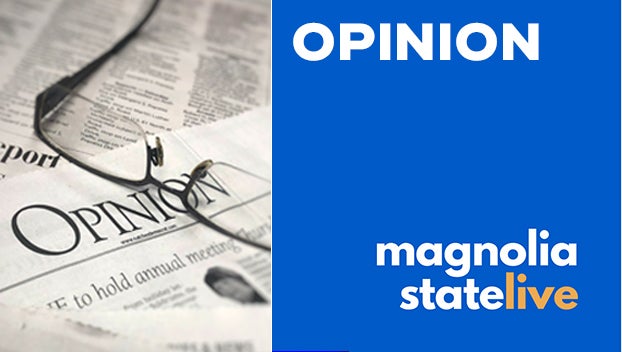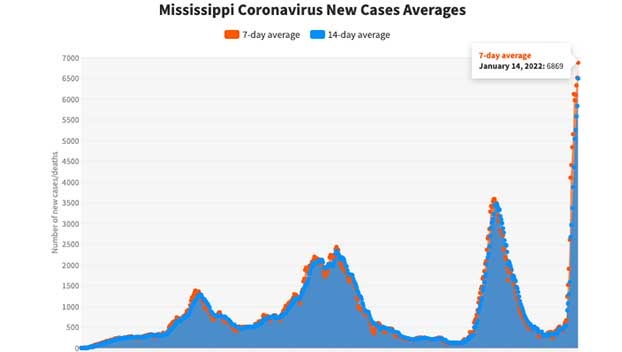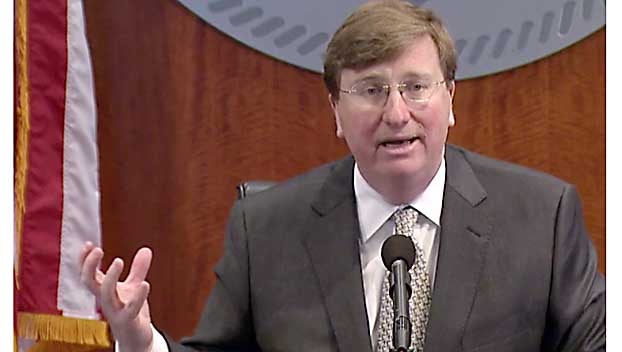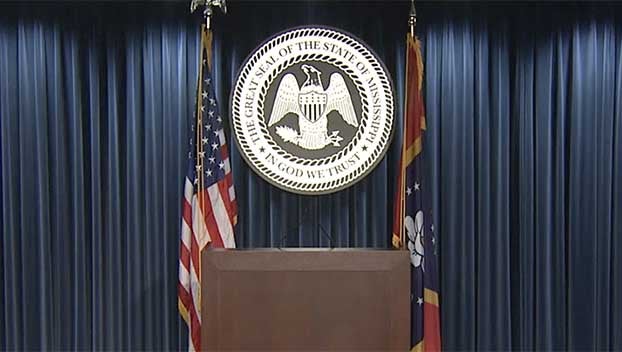Was the Las Vegas massacre terrorism?
Published 12:36 pm Monday, October 9, 2017
By Joe Rogers
In the wake of last week’s horrific events in Las Vegas, the inevitable gun debate quickly started to play out yet again.
That’s not my topic. Instead, this is about another dispute: whether the carnage in Las Vegas should be labeled terrorism, and the man who committed it, Stephen Paddock, be considered a terrorist.
I won’t keep you guessing where I stand: No.
The alternate view comes basically from my fellow liberals, who contend that had Paddock been identified as a Muslim he would quickly have been seen as a terrorist, yet another member of a violent and dangerous religion.
Or, had he been possessed of darker skin, he’d have been vilified based on that fact, with the guilt being quickly associated with others of the same hue.
Shaun King, an activist and a columnist, put it bluntly:
“Whiteness, somehow, protects men from being labeled terrorists,” he wrote. “White men who resort to mass violence are consistently characterized primarily as isolated ‘lone wolves’ — in no way connected to one another — while the most problematic aspects of being white in America are given a pass that nobody else receives.”
For starters, I’d argue that “lone wolf” is a description that attaches not to whiteness, but to the nature of the act.
I’m reminded of an event from my childhood, not as deadly, but similar in other respects. Charles Whitman ascended a University of Texas tower with a variety of weapons and started shooting at people below.
Sixteen people were dead or dying before police officers managed to kill Whitman himself.
That wasn’t terrorism then. And what happened last week is not terrorism now, unless some yet unknown facts about Paddock’s motive come to light.
The fact that thousands in the line of fire were terrified – what person being shot at wouldn’t be? – doesn’t constitute terrorism.
The USA Patriot Act defines domestic terrorism as an act that appears intended “to intimidate or coerce a civilian population; to influence the policy of a government by intimidation or coercion; or to affect the conduct of a government by mass destruction, assassination, or kidnapping.”
Timothy McVeigh blew up the Alfred P. Murrah Federal Building in Oklahoma City in 1995, before the Patriot Act but, nevertheless, an action that matches its definition.
His victims were 168 men, women and children killed, and more than 600 others injured. But his target was the American government, against which he held a festering grudge largely based on standoffs with government agents in Ruby Ridge, Idaho, and the Branch Davidian compound in Waco, Texas, that resulted in the deaths of civilians.
Not a lone wolf. He had help from two co-conspirators, both of whom were also convicted.
Ted Kaczynski, the Unabomber. Lone wolf. Motivated by an anti-government and anti-technology philosophy to engage in a series of letter bombings that killed three people and injured various others over a 20-year period.
Both white. Both were considered to be terrorists, based on what drove them to do what they did.
To try to attach political significance to Paddock’s action is crediting a motive that to this point we don’t know existed. I don’t see the point.
He was a mass murderer. Isn’t that enough to revile?
Joe Rogers worked for The Clarion-Ledger, The Tennessean and The New York Times. He can be reached at jrogink@gmail.com or on Twitter @jrogink.





